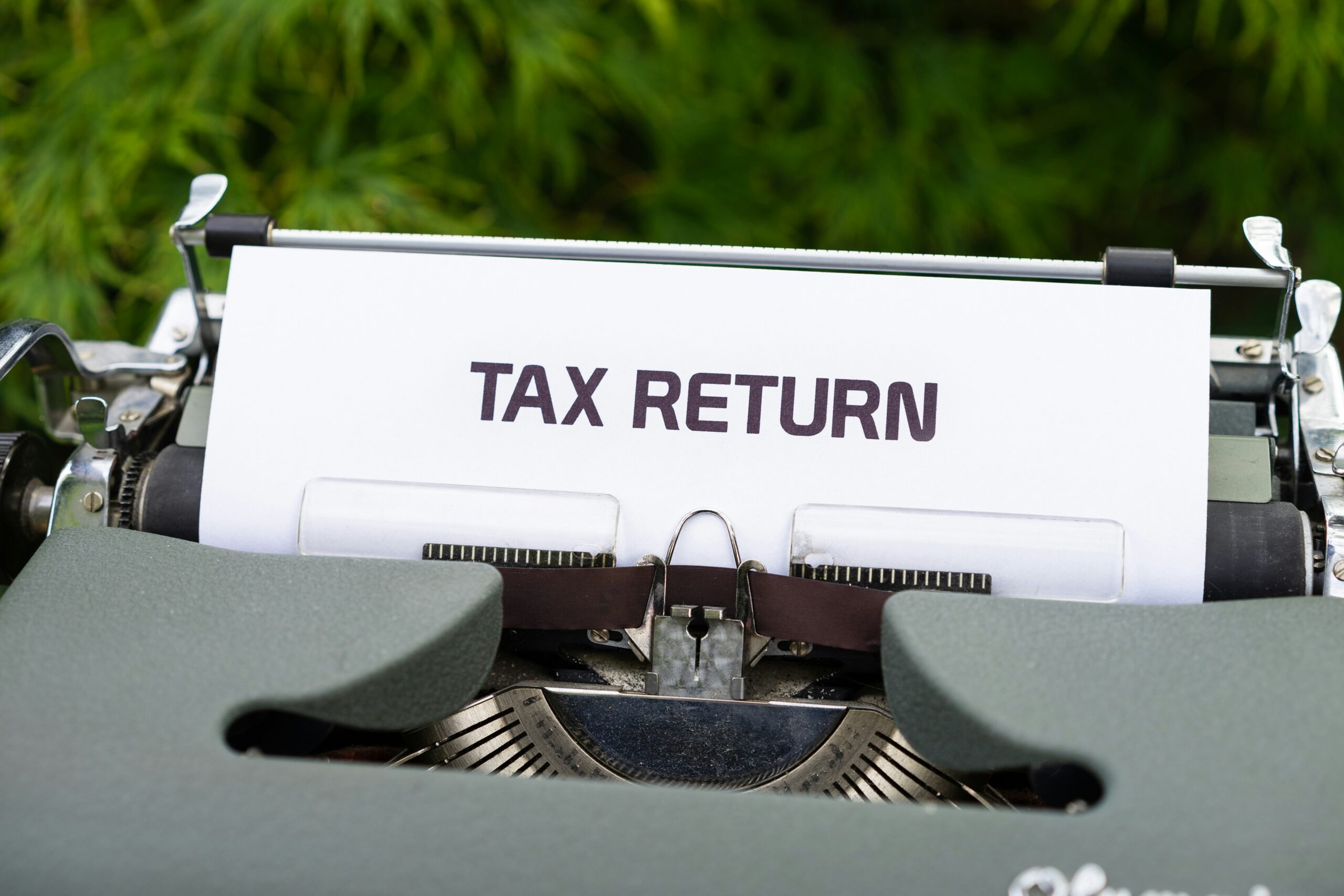The current tax system in South Africa is based on territorial sources. Income earned outside South Africa is generally not taxed in South Africa, even if it is transferred there and owed to a South African resident.

South Africa is in the process of rapidly expanding its network of agreements to avoid double taxation. Tax treaties with more than 50 countries are currently in the final stages or under negotiation. Thus, comprehensive agreements have already been concluded with several countries, including Germany, the Netherlands, Switzerland, Great Britain, and some South African states.
In the annually compiled World Rating of Global Systems (Rating of the World Bank and the auditing company PricewaterhouseCoopers), South Africa takes higher and higher places every year. Many see the future of South Africa precisely in the development of the tax system.
Basic data on the tax system of South Africa
- Personal income tax – 18-41%
- The duty on the income of legal entities is 30%. It is possible to reduce the rate to 12.5% if the company pays dividends.
- Capital gains are not taxed unless the firm makes money from the resale of the property. Otherwise, the rate is 33%.
- VAT is 14%.
- Stamp duty and state duty have been abolished since 2015, but the jurisdiction is not offshore.
The main tax rates in South Africa:
- Income tax – 30%;
- VAT – 14%;
- Secondary Tax on Companies (STC) – 12.5%.
Features of taxation for individuals
The entire population of the republic is divided into residents and non-residents. Residents permanently reside in the country, while non-residents are obliged to stay outside of the state for at least 91 days a year. If a foreign person has stayed in South Africa for at least 915 days in the last 5 years, he/she automatically becomes a tax resident and is obliged to pay duties on an equal basis with residents. If there is a subsequent absence of a resident in the country for more than 330 days, he/she loses his/her status.
Individuals pay taxes according to the principle of global income, pensions, social benefits, insurance payments, grants, alimony, and others are exempted from taxation. The rates are similar for both residents and foreigners, with one difference – the latter pay income tax only on profits received within South Africa.
Features of taxation for legal entities
- The rate is levied only on the profit that is received from internal income;
- There is no need to pay duties on dividends, regardless of the country in which they are received;
- Interest income is taxable only for those businesses that take loans from residents of the country;
- Royalties and know-how are taxed at a rate of 12%.
Regardless of the organizational and legal form of a company based in South Africa, it can conduct closed activities and establish branches in other countries. In the first case, all tax rates are reduced to the maximum, and minimum requirements are imposed on the beneficiary.
VAT in South Africa
Value-added tax is a tax provided at the federal level. The standard tax rate is 14% and can be reduced for a range of goods and services. Duty is levied on all organizational and legal forms of business, but only those whose annual income is at least ZAR 1,000,000 (59,500 euro) can be registered with the Chamber. An entrepreneur with a turnover level of ZAR 50,000 (3,000 euro) can be voluntarily registered.
VAT is levied not only on goods and services but also on products imported into the Republic of South Africa. There are no export duties. Educational services, financial services on a non-commercial basis, rental of residential real estate, rail transport, and public roads are exempt from VAT.
Tax reporting
Private entrepreneurs who are not registered as legal entities are required to submit declarations by the end of February of the year following the current reporting period. In exceptional cases and by prior agreement with authorized representatives of the tax service, a postponement of the date is possible.
More often, the civil service itself sends notifications about the need to draw up and transmit the declaration. Such warrants do not come to those entrepreneurs and individuals whose annual income does not exceed 250,000 rand, which is the equivalent of 15,000 euros.
Firms and self-employed citizens registered as legal entities are required to pay taxes in installments. The income level is calculated twice a year. So two declarations are submitted, each of which reflects the turnover for the past six months. The first declaration is submitted by the end of August of the current year, and the second by the end of February of the year following the tax period.




